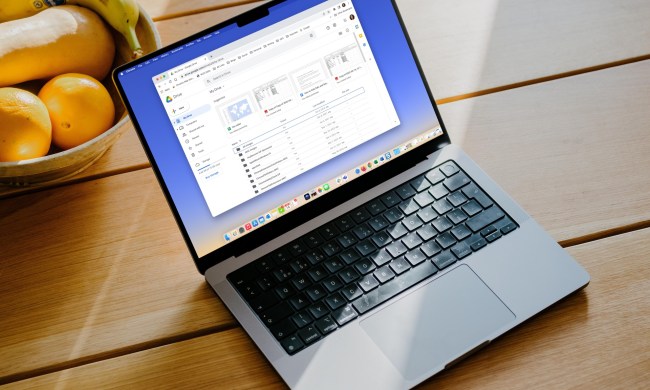Google rolled out a brand-new cloud storage subscription service today, replacing its old Google Drive subscription service. The new one is cheaper, features more options, and comes with a brand-new, well, brand. This is Google One.
If you have a Google Drive or G Suite subscription, don’t worry, you’re not going to see any major changes to your service. If you’re on Drive, you’ll be transitioned to a comparable Google One plan soon, and if you’re on G Suite, your plan and storage will be totally unaffected.
“We’re introducing Google One, a simple plan for expanded storage that includes extra benefits to help you get more out of Google,” the announcement states. “In the next few months, all paid consumer Google Drive storage plans will be upgraded to Google One. This change doesn’t affect G Suite business customers.”
All right, so what does Google One offer that Drive didn’t? Well, it marries Google’s philosophy as evidenced in its Project Fi cellular service: Simplicity, scalability, and no hidden fees.
Google One plans start at $2 per month for 100GB, $3 for 200GB, $10 per month for 2TB. Current Drive subscribers at the 1TB tier will automatically be upgraded to 2TB at no additional cost. You’ll also be able to share that storage space with up to five family members via Google’s Families program.
In addition to storage, Google One subscribers will receive 24/7 access to support personnel via chat, phone, or email. This effectively brings to the masses a tier of service previously reserved for enterprise users on G Suite. Now if you have any issues with your storage, missing files, or sync issues, you can take them up with an actual person.
“People who use a lot of storage tend to use a lot of other Google products, too. So with Google One you get one-tap access to experts for help with our consumer products and services,” the announcement stated. “Plus, you’ll gain access to extras from other Google products, like credits on Google Play or deals on select hotels found in Google Search. And we’ll be adding more benefits over time.”
All together Google One is a shot across the bow for rival cloud storage providers like Dropbox and iCloud. It remains to be seen, however, whether Google One ends up being a hit like Gmail, or a dud like Google Plus. Google’s announcement claims the service will be rolling out soon.


